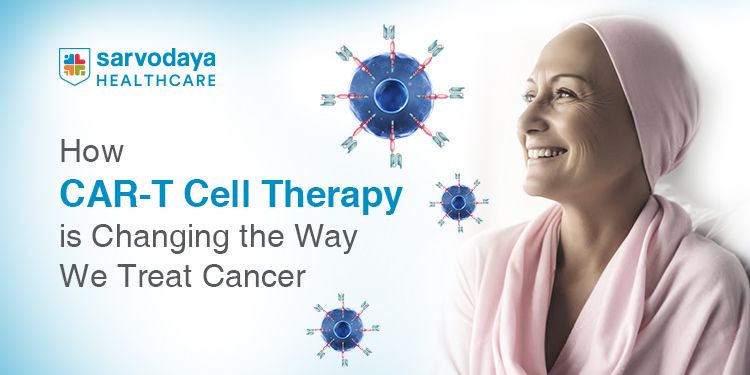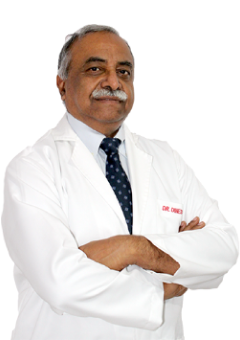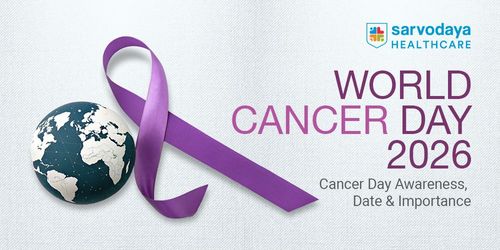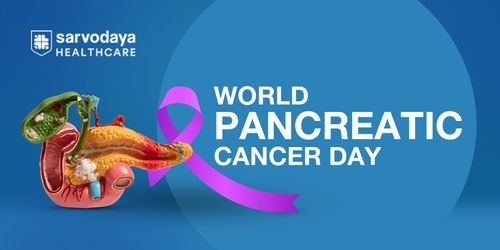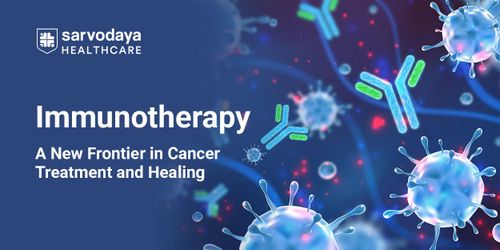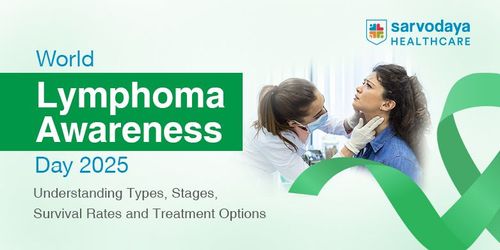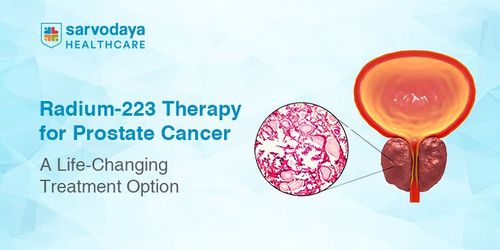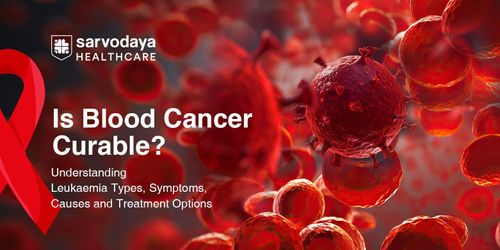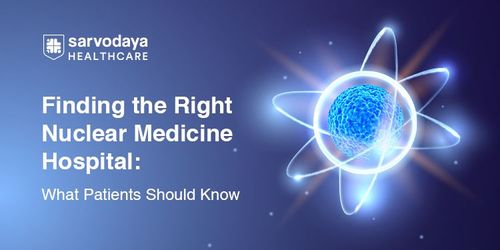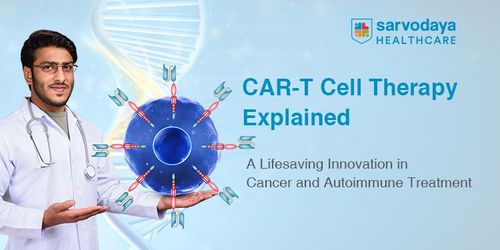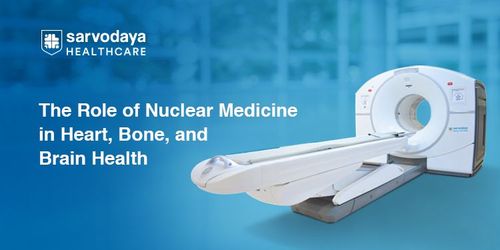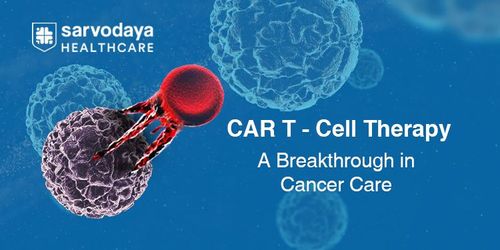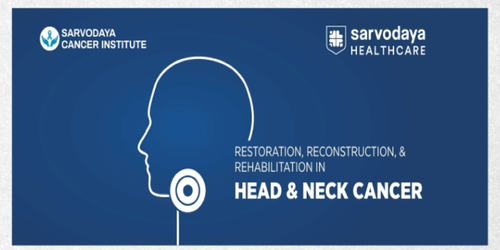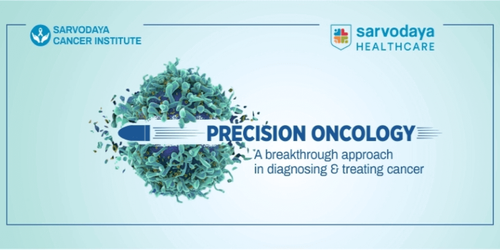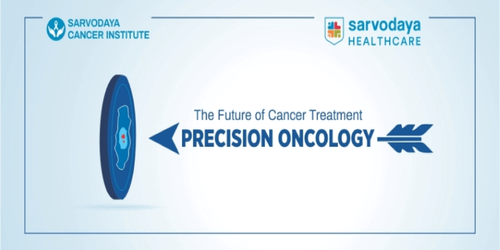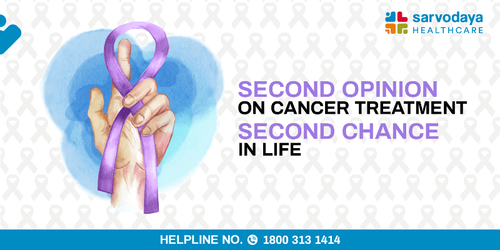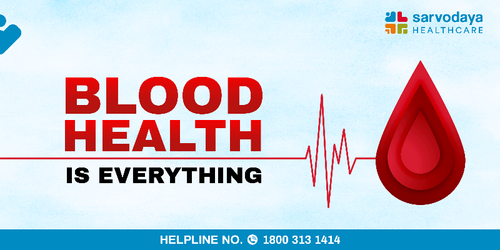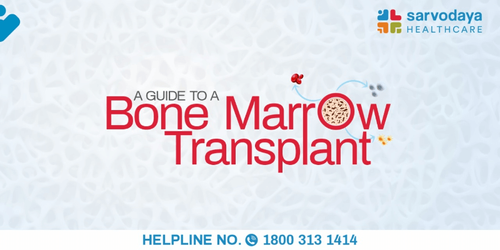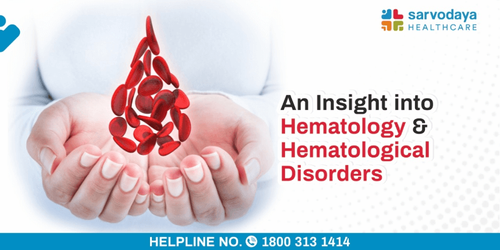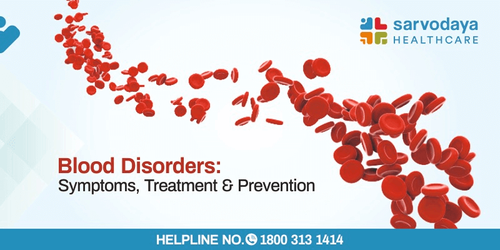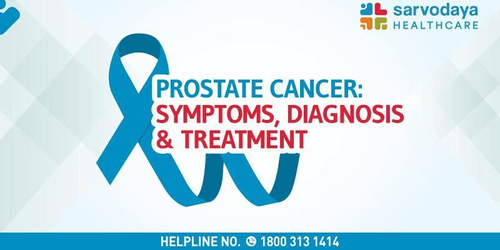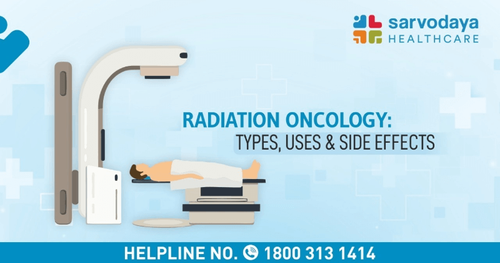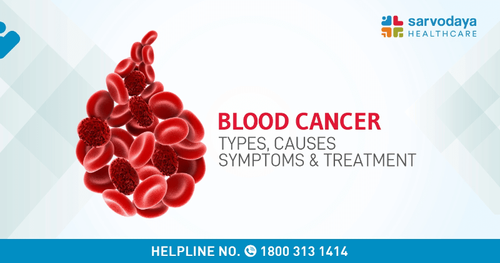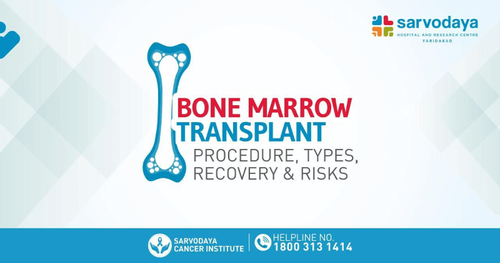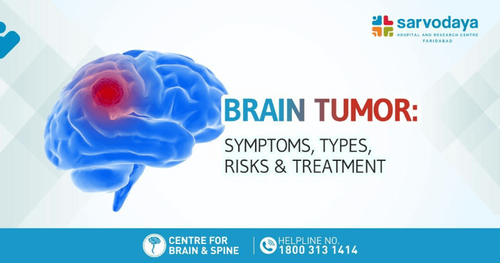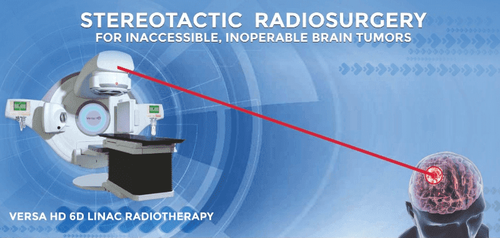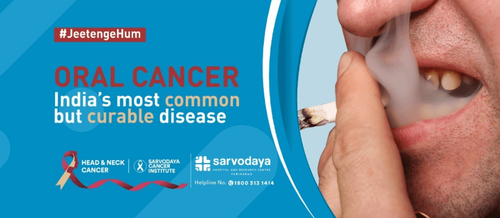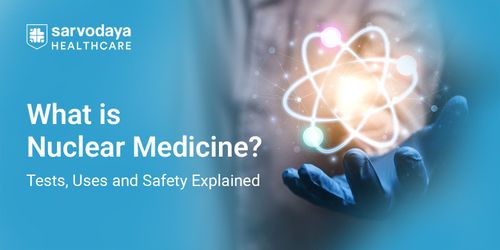In this blog, we explore CAR T-cell therapy in detail, how it works, the types of cancers it can treat, and what patients can expect during the process.
Understanding CAR T-cell Therapy
At its core, CAR T-cell therapy (Chimeric Antigen Receptor T-cell therapy) is a form of immunotherapy. It involves modifying a patient’s T-cells, a type of white blood cell that plays a crucial role in the immune system, to recognise better and attack cancer cells.Here’s how it works:
- The first step is to collect T-cells from the patient’s blood.
- Next, these cells are taken to a lab to be genetically engineered so that they produce special receptors called CARs on their surface. These receptors help the T-cells identify specific proteins in cancer cells.
- After this modification process, the CAR T-cells are multiplied and then infused back into the patient’s bloodstream.
- These supercharged T-cells then seek out cancer cells in the bloodstream and destroy them with remarkable precision.
How CAR T-cell Therapy Is Changing Cancer Treatment
CAR T cell treatment is a game-changer in oncology because it offers several advantages over conventional therapies:- Precision Targeting: Unlike chemotherapy, which attacks both healthy and cancerous cells, CAR T-cells zero in specifically on cancer cells, minimising collateral damage.
- Personalised Therapy: Each treatment is tailored to the patient’s unique cancer profile, making it highly effective.
- Long-lasting Effects: Once the modified T-cells are infused back, they can continue to patrol the body, providing ongoing defence against cancer recurrence.
- Success in Resistant Cases: Patients who didn’t respond to traditional treatments often experience remission with CAR T-cell therapy.
Different Cancer Types Treated with CAR T-cell Therapy
Initially, CAR T-cell therapy for cancer was mostly used for blood cancers, especially certain types of leukaemia and lymphoma. Today, the scope is widening:- Blood Cancers: This includes acute lymphoblastic leukaemia (ALL), a disease where CAR T-cell therapy has shown life-saving results.
- CAR T cell treatment for prostate cancer: Research and clinical trials are exploring CAR T-cell applications in prostate cancer, offering hope for patients with resistant or advanced stages.
- CAR T cell treatment for lung cancer: Lung cancer, one of the deadliest cancers worldwide, is also being targeted by CAR T-cell therapies under study, with promising early results.
- CAR T cell treatment for lupus: Beyond cancer, CAR T-cell therapy is being investigated for autoimmune diseases like lupus, showing the potential of this approach to modulate the immune system in diverse conditions.
The Treatment Process: What Patients Can Expect
One of the most common questions about this innovative therapy is, How long does CAR T cell treatment take? The answer depends on several factors, including the patient’s condition and treatment plan, but here’s a general overview:- Preparation: T-cells are collected from the patient’s blood, which usually takes a few hours over one or two sessions.
- Engineering Phase: The collected T-cells are sent to a lab, where they are genetically modified to express the CAR receptors. It may take from 2 to 4 weeks for this process.
- Conditioning Therapy: Before infusion, patients often receive a short course of chemotherapy to prepare their bodies to accept the modified T-cells.
- Infusion: These modified CAR T-cells are infused back into the patient in a single session.
- Monitoring and Recovery: Patients stay in the hospital for close monitoring of side effects and treatment response, which may last from a few days to a few weeks, depending on individual response.
CAR T-cell Therapy in India: Access and Expertise
India is rapidly becoming a hub for advanced cancer care, including CAR T-cell therapy in Delhi NCR. Several leading centres have established themselves as pioneers in this field, offering state-of-the-art facilities and experienced teams.- The CAR T-cell therapy hospital in India combines cutting-edge technology with personalised care.
- Patients benefit from consultations with the best oncologist in India, ensuring comprehensive treatment plans.
- Facilities also offer support for related conditions, like blood cancer treatment in India and acute lymphoblastic leukaemia treatment, integrating CAR T-cell therapy into wider cancer care strategies.
- Locations such as Faridabad have emerged as centres for advanced cancer treatment in Faridabad, making this cutting-edge therapy more accessible.
Challenges and Future Directions
While CAR T-cell therapy has shown incredible promise, it’s important to understand that it comes with challenges. Some patients may experience side effects like cytokine release syndrome or neurological issues, which require close monitoring by expert teams. The therapy is also expensive and not yet widely accessible in every region.Research is ongoing to:
- Improve the safety and reduce the side effects of CAR T cell treatment for cancer.
- Expand its scope of usage to more types of cancers, including solid tumours.
- Develop “off-the-shelf” CAR T-cells to reduce wait times.
- Explore combination therapies for better effectiveness.
Conclusion
CAR T-cell therapy is revolutionising the way we approach cancer treatment. For patients battling blood cancers and beyond, this therapy offers renewed hope, especially when traditional treatments fall short.At Sarvodaya Hospital Faridabad, we are proud to offer cutting-edge CAR T-cell therapy in Faridabad,Delhi NCR delivered by experienced oncologists dedicated to personalised patient care. Our multidisciplinary team ensures every patient receives tailored treatment plans and ongoing support. Moreover, we emphasise preventive consultations to identify risks early and support long-term health. If you or a loved one is exploring options, Sarvodaya Hospital is here to guide you through every step with compassion and expertise.
To learn more about CAR T-cell therapy in Delhi NCR or schedule a consultation with the best cancer specialist in Delhi NCR, reach out today.


